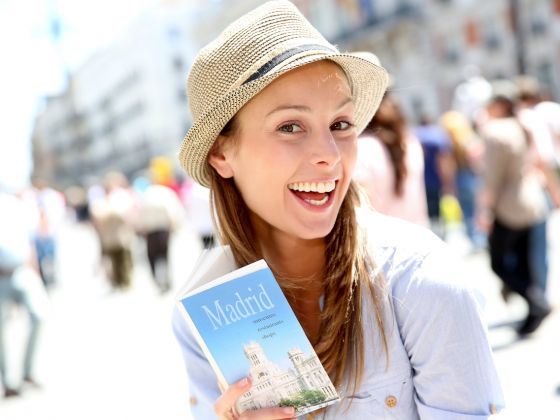Turkish
(by Ellen Rabiner)
1. güle güle kullanin — “use it smiling”
gewlay gewlay kooLAHnin — /gyleɪgyleɪku:lɑ:nɪn/
Almost any time someone buys something, güle güle kullanin — “use it smiling” — is an appropriate thing to tell them. It reminds me of when my grandparents used to say “wear it in good health” whenever I bought an article of clothing. I never heard anyone else in America use this phrase, so it must have come from somewhere in the “old country.”
